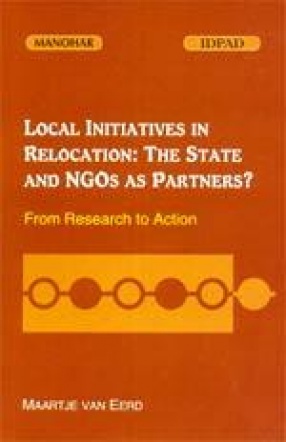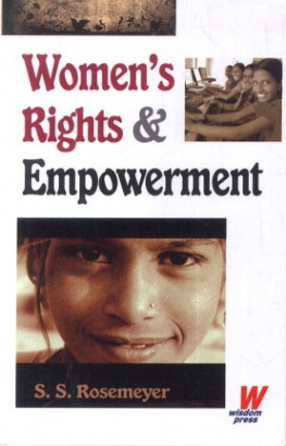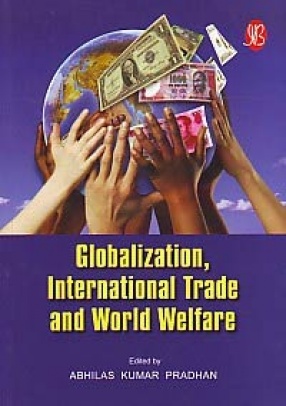Relocation projects, resulting from infrastructural developments in city centres have affected millions in India. People who were relocated have to reorganize their lives almost from scratch, although more formal housing programmes are sometimes offered to them. This book analyses the impact of relocation on 2,640 poor urban households who were relocated from the city centre to the outskirts of Chennai in the 1990s. It describes a relocation programme of the government and the role of NGOs in the area. The main focus is on the local initiatives taken by the relocates in trying to rebuild their lives in the absence of services and employment. Prior to the relocation, the families depended on employment in the city centre, and although the government promised that alternative employment would be provided, this was not done. As a result many of the relocates illegally sold their plots and returned to the city centre. Planning of the site was unsuitable and not adapted to local needs. Due to the relocation social networks were destroyed which led to many fights and instability amongst the different communities. Finally, NGOs imposed their programmes on the community without consultation and involvement and without linking up with local initiatives, and needs and priorities. This book concludes with an investigation of whether and how government and NGO policies and programmes can be better linked to local initiatives, needs and priorities so that relocates are able to build-up their assets in cases where relocation is unavoidable.
South China Sea: Greed of Dragon
$83.70
$93.00





There are no reviews yet.